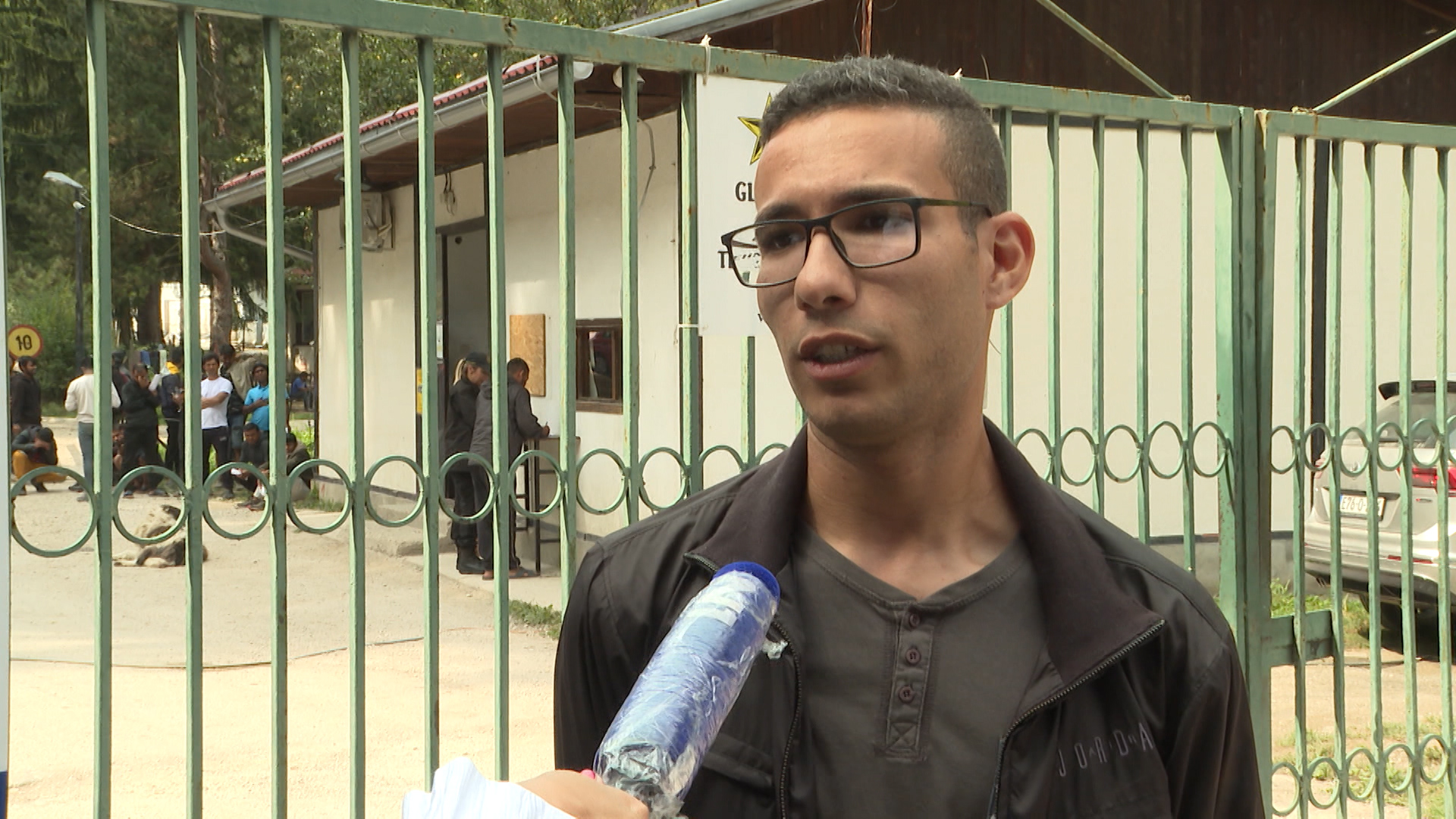
I fled from Iran because of my religion, or the lack of... I'm an atheist, I don't have a religion, a migrant called Mohammad Hosein Baeeni told N1 on Tuesday fluently in Serbian language.
“Iran is not like Turkey or Bosnia where you also have Muslims. There are many extremists in Iran who think that if the Qur'an says that someone who is not a believer, someone who doesn't believe in God, that one can kill them and that's all they believe,” Mohammad, a teacher who speaks four languages told N1.
Fearing for his life, he escaped Iran three years ago. He stayed in Serbian migrant centres for two and a half years where he learned the language.
“I wanted to go the Netherlands but when I came to Bosnia I tried to cross the border a couple of times but I wasn't able to, so I chose to stay here for a few years to see how life goes here,” Mohammad said. “If things turn out good, then I'll stay. It's the same everywhere, I think. One must only know what they're doing and what they want from life and that's it.”
He said he appreciates his hosts and that he gets everything he needs in Blazuj but that the only problem are the violent migrants who make up some five percent of all Blazuj residents.
“Bosnians, in general, are kind, you're all kind but the problem are, as I said, the trouble-making migrants and I understand that Bosnians no longer want them but there's nothing we can do. There will always be good and bad people,” Mohammad added.
The migrant centre in Blazuj has 2,190 such stories. They are not all the same as the young Iranian's. Most of the men housed in the centre want to cross the Bosnian border and end up in one of EU member-states. The problem is that mass fights take place every day in this centre, often without major consequences, but a few days ago a migrant received a severe cut on his face.
Currently, over 6,000 migrants reside in migrant centres across the country, double the last year's number, both in centres and the streets of Bosnian cities.
The country's Foreigners Affairs Service registered 12,660 foreigners in 2020. Among them 3,478 Afghans, 2,912 Pakistanis, followed by migrants from Bangladesh, Morocco, Iraq, Iran and Algeria.
Kakvo je tvoje mišljenje o ovome?
Učestvuj u diskusiji ili pročitaj komentare





 Srbija
Srbija
 Hrvatska
Hrvatska
 Slovenija
Slovenija







